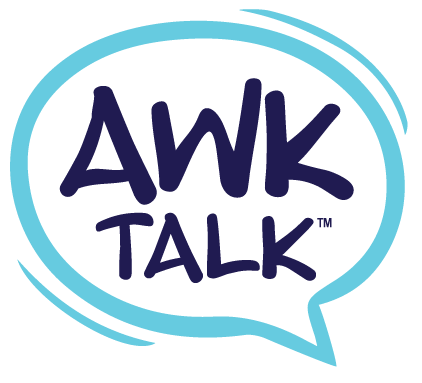For Parents
Your child is growing up. Their bodies are changing, and they may have their first romantic relationship. As parents, our job is to protect them and keep them safe. So how do you talk to them about awkward topics like puberty, sex, sexual identity, pregnancy and birth control?
Let’s talk about starting the convo on these important issues.
No. In fact, research shows that parents who talk to their kids about these topics have teens that start having sex later and are more likely to use birth control and condoms when they do start.
Start having “The Talk” or some form of it early and often. This keeps the conversation going as they mature and have new experiences. Also:
- Keep it age appropriate. For example, by around the age of 8, you should talk to your kids about puberty and some of the changes their bodies will go through. When they have their first romantic relationship, you can talk to them about safe sex.
- Use proper names. No matter what stage of “The Talk” you’re having, be sure to use proper terms for body parts (like penis and vagina) so they aren’t confused later on.
- Weave in family values. Use these opportunities to talk about your family values and what a healthy relationship is and is not.
You may be uncomfortable talking to your kids about sexual identity, sex, pregnancy or birth control. But it’s important for their physical and emotional health. Here are a few ways you can get them to talk to you – and keep them coming back.
- Find a good time. Try to pick a time when everyone feels relaxed and you aren’t rushed. Make sure you have privacy and are in a quiet setting.
- Ease into the conversation. Start with small talk, like asking how their day was at school. Better yet, use a scene from a TV show or movie, or talk about a topic in the news to help start the conversation. It’s the perfect icebreaker.
- Tell them you love them. Start these conversations off by letting them know you love them no matter what and are talking to them because you care.
- Remind them you were a teen once too. Share a story that helps them realize you DO know what you’re talking about… like how old and where you were when you first started your period, or who your first boyfriend/girlfriend was and what you really liked about him/her.
- Don’t force them. Every kid is different – even those from the same family! Some kids are more uncomfortable than others when it comes to talking about these topics. Even if they aren’t ready now, by starting the conversation, you’re letting them know you’re open to talking when they are ready.
- Don’t overreact. Don’t get upset if your teen tells you or asks you something that takes you by surprise. If they get a bad reaction from you they may not come to you again.
Being “askable” means your child sees you as approachable and open to questions. You want your kid to come to you with their questions, rather than only their friends or the internet, to be sure they are getting correct information. And you can help them make decisions that may align with your family’s values.
How can you be “askable”? Here are some characteristics of an adult who kids are comfortable talking to:
- Shows respect and love
- Reacts calmly to situations
- Is a good listener
- Knows they aren’t perfect and is willing to admit mistakes
- Realizes they don’t know everything but works with their child to find the answers to their questions
It’s ok if you don’t know all of the answers to your kids’ questions! Be honest and tell them when you don’t know the answer. You can ask your doctor or look up the answer with your child using reputable websites. These usually end in .org or .edu.
Maybe. Some centers can provide birth control without parental consent. You should first contact the center to determine their policies around parental consent. Talk to your health care provider about their rules or find a center using this center finder.
More Training Resources
Talking to teens about topics like risky behavior or STIs can be awkward: even for adults. Our experts created resources to arm you with information.
